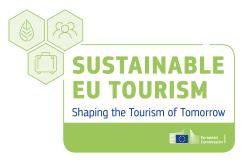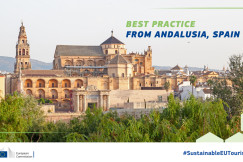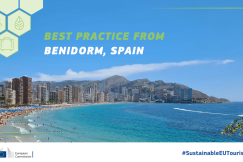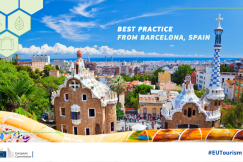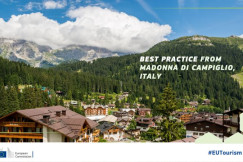Best practices
03 July 2025
Sustainable EU Tourism project - best practice: Mallorca
Best practices
03 July 2025
Coastal, maritime and inland water tourism
Cultural tourism
Gastronomy tourism
+11 more
Login / create an account to be able to react
-
5
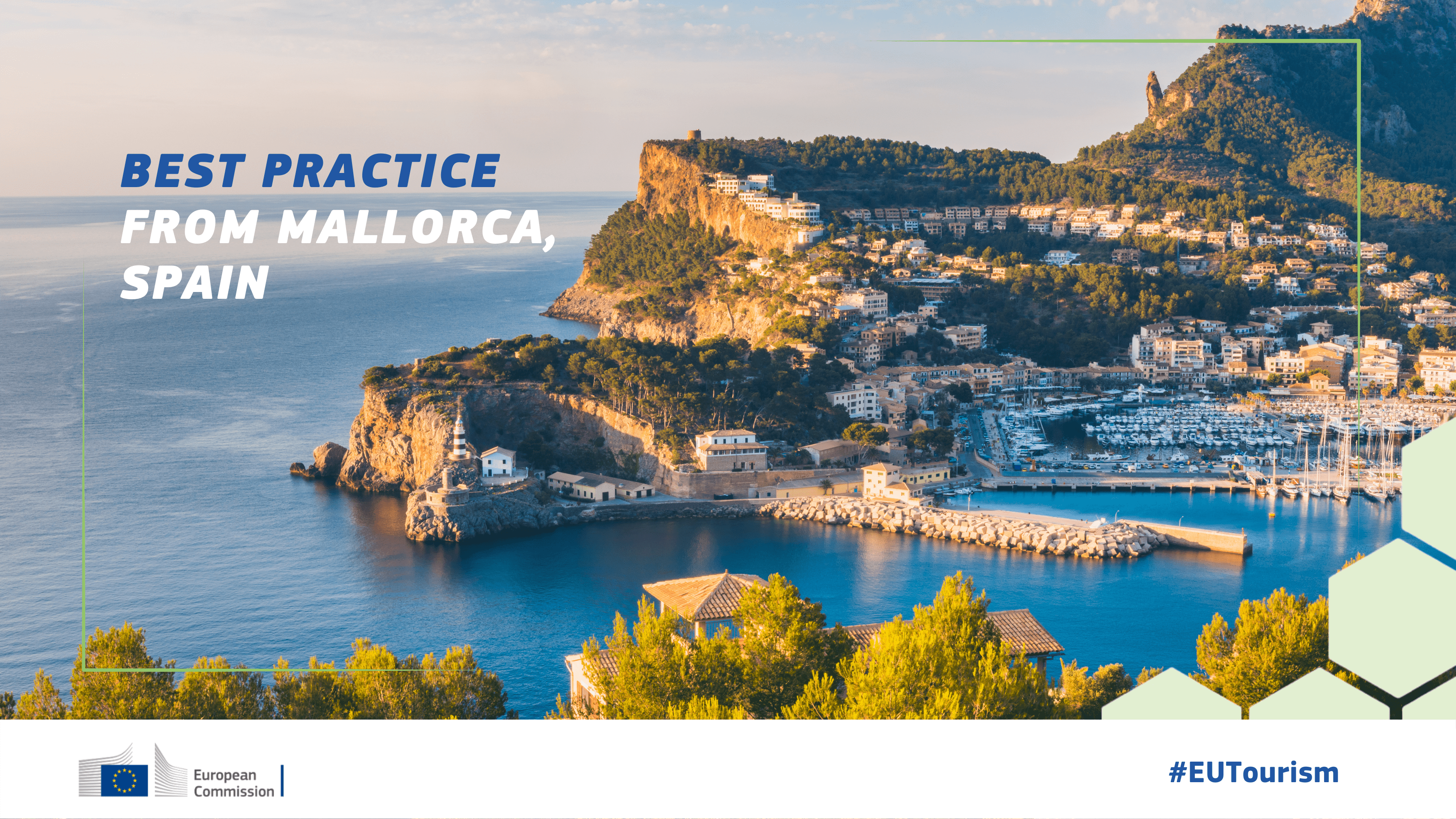
Mallorca, Spain, has responded to the environmental pressures of mass tourism by adopting a circular economy approach to waste management. Through innovative legislation, stakeholder collaboration, and the use of digital tools such as blockchain, the island has significantly improved waste recovery and created new synergies between tourism and local agriculture—setting an example for how major tourism destinations can drive systemic sustainability.
Topics
Spain
Destination Management & Marketing Organisations
Local Authorities
-
Specific types of tourism
-
-
Coastal, maritime and inland water tourism
-
Cultural tourism
-
Gastronomy tourism
-
Rural tourism
-
Sports tourism
-
-
Transition Pathway Strategic Areas
-
-
Best practices, peer learning and networking
-
Circularity of tourism services
-
Governance of tourism destinations
-
-
Business activities
-
-
Activities of associations and other organisations supporting tourism
-
Camping grounds, recreational vehicle parks and trailer parks
-
Gardens and nature reserves activities
-
Holiday Housing / Apartments and other short stay accommodation
-
Hotel and similar accommodation
-
Other accommodation
-
Share
Mallorca, Spain, has been recognised as a best practice by the Sustainable EU Tourism project for its pioneering transition toward a circular tourism economy.
As the largest of the Balearic Islands and one of Europe's most visited destinations, with over 18 million arrivals and 43 million overnight stays in 2023, Mallorca has faced mounting environmental challenges, especially in waste management.
To address these, the regional government introduced a forward-thinking legal framework through the Waste and Polluted Soil Act (2019) and the Circular Economy in Tourism Businesses Act (2022). The latter requires all tourism accommodation providers to develop and regularly update circular economy strategies based on key performance indicators.
These regulations are complemented by practical initiatives. TIRME, the island’s waste management company, operates advanced treatment facilities and runs the Finhava project, launched in 2021. This initiative leverages blockchain technology to track the life cycle of organic waste - from hotel kitchens to local farms as compost - and to measure the carbon and circularity footprint.
Public awareness is another pillar of success, with communication campaigns in hotels, including QR-coded buffet signs and public-facing educational centres such as the CIEA. In 2024, the first Mallorcan wine produced under circular economy principles, “CERCLE,” was launched.
Mallorca’s experience demonstrates how large-scale tourism destinations can implement system-wide sustainability transformations through policy, innovation, and cross-sector collaboration.
For more details on the key challenges the destination has faced, and the solutions implemented to address them, please refer to the attached document.
#Destination management #Sustainable tourism #Circular tourism economy #Waste reduction #Innovation in tourism #Stakeholder engagement #Carbon footprint reduction
Documents
Comments (0)
Related content
See also
-
14
Sustainable EU Tourism - Key challenges and best practices
- Categories
- Coastal, maritime and inland water tourism Cultural tourism Ecotourism +64 more
-
6
Green Ideas for Tourism for Europe: Completed initiative for integrating environmental sustainability into vocational education
- Categories
- Coastal, maritime and inland water tourism Cultural tourism Ecotourism +42 more
-
12
Sustainable EU Tourism project - best practice: Madonna di Campiglio
- Categories
- Ecotourism Gastronomy tourism Mountain tourism +11 more


